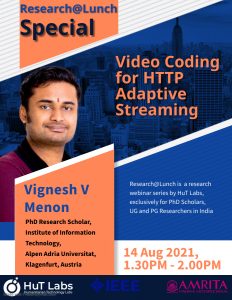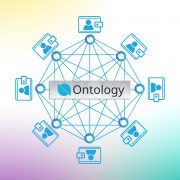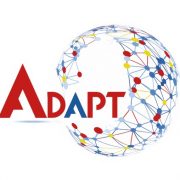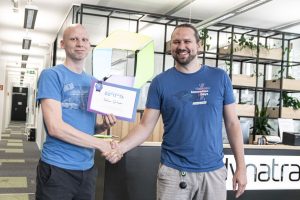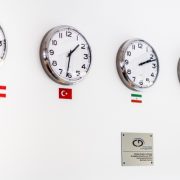Title: WISH: User-centric Bitrate Adaptation for HTTP Adaptive Streaming on Mobile Devices
IEEE 23rd International Workshop on Multimedia Signal Processing (MMSP)
October 06-08, Tampere, Finland
Authors: Minh Nguyen (Christian Doppler Laboratory ATHENA, Alpen-Adria-Universität Klagenfurt), Ekrem Çetinkaya (Christian Doppler Laboratory ATHENA, Alpen-Adria-Universität Klagenfurt), Hermann Hellwagner (Christian Doppler Laboratory ATHENA, Alpen-Adria-Universität Klagenfurt), and Christian Timmerer (Christian Doppler Laboratory ATHENA, Alpen-Adria-Universität Klagenfurt)
Abstract: Recently, mobile devices have become paramount in online video streaming. Adaptive bitrate (ABR) algorithms of players responsible for selecting the quality of the videos face critical challenges in providing a high Quality of Experience (QoE) for end users. One open issue is how to ensure the optimal experience for heterogeneous devices in the context of extreme variation of mobile broadband networks. Additionally, end users may have different priorities on video quality and data usage (i.e., the amount of data downloaded to the devices through the mobile networks). A generic mechanism for players that enables specification of various policies to meet end users’ needs is still missing. In this paper, we propose a weighted sum model, namely WISH, that yields high QoE of the video and allows end users to express their preferences among different parameters (i.e., data usage, stall events, and video quality) of video streaming. WISH has been implemented into ExoPlayer, a popular player used in many mobile applications. The experimental results show that WISH improves the QoE by up to 17.6% while saving 36.4% of data usage compared to state-of-the-art ABR algorithms and provides dynamic adaptation to end users’ requirements.
Keywords: ABR Algorithms, HTTP Adaptive Streaming, ITU-T P.1203, WISH




